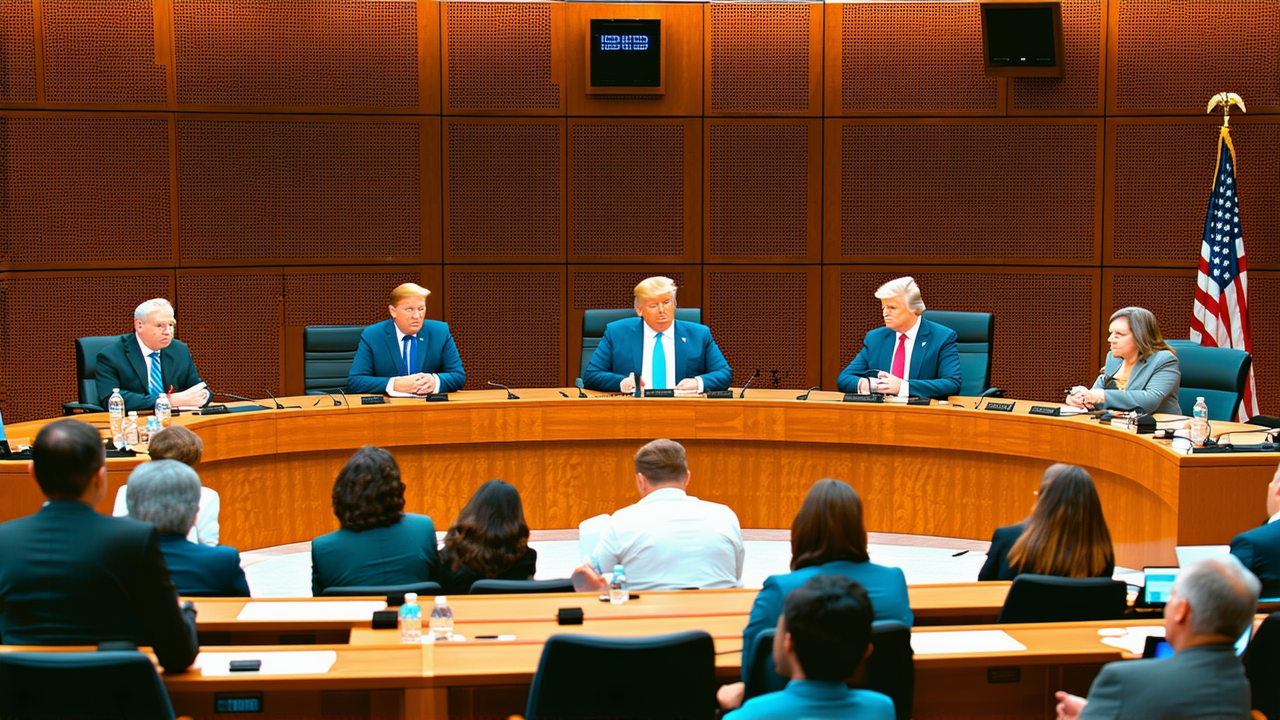Local Democracy Under Threat? Officials Warn Against Removing Council 'Four Wellbeings'
Local Democracy Under Threat? Officials Warn Against Removing Council 'Four Wellbeings'
As the government moves forward with its proposed changes to local governance, a growing concern is emerging from officials and local authorities who warn that removing the 'four wellbeings' — social, economic, environmental, and cultural — from the law governing councils could potentially undermine local democracy and the stability of local services.
According to the Regulatory Impact Statement (RIS) prepared by the Department of Internal Affairs, the proposed changes to the Local Government (System Improvements) Amendment legislation are unlikely to significantly benefit communities. In fact, the report suggests that the changes could lead to disruptions and increased costs for local councils.
The bill, which passed its first reading, aims to refocus the purpose of local government, shifting the emphasis away from the 'four wellbeings' and toward core infrastructure and fiscal discipline. However, the RIS highlights that this shift could lead to a reduction in the range of services councils can provide and may impact long-term planning and decision-making.
The report also notes that previous changes to the purpose of local government by successive governments have had limited impact on council decision-making and service levels, despite the intended focus. Moreover, the RIS warns that refocusing the purpose of local government may create implementation costs and issues, potentially leading to costly compliance exercises for councils.
While the government argues that the changes are necessary to address concerns about fiscal discipline and rising rates, the RIS acknowledges that cost pressures on councils are largely driven by capital and operating cost escalations. These pressures are attributed to factors such as supply chain disruptions, a tight labor market, and inflation following the Covid-19 pandemic.
Local Government Minister Simon Watts has stated that the inclusion of the 'four wellbeings' in the purpose of local government has led to increased rates, as councils focus on too many things. However, the RIS suggests that the effect of removing the 'four wellbeings' on rate increases is only about two percent, which is not enough to explain the full weight of rate rises across the country.
There is also concern that removing the 'four wellbeings' could impact Treaty of Waitangi settlement arrangements between iwi or hapū and councils. Some councils have expressed support for the changes, arguing that they could help them manage community expectations and focus on fewer, more impactful initiatives.
However, the report highlights that feedback from agencies such as the Infrastructure Commission and the Ministry of Housing and Urban Development, as well as the Future of Local Government Review, has suggested that removing the 'four wellbeings' could be seen as disempowering local government. These agencies have recommended that the 'four wellbeings' be entrenched in law to provide greater certainty and stability.
The analysis also notes that the current infrastructure deficit for local government is a result of prolonged underinvestment, with rates and other revenue sources not increasing enough to support responsible asset management. This has led to increased costs for councils, particularly in areas such as water and wastewater treatment and infrastructure upgrades to meet growth demands.
Furthermore, the RIS acknowledges that the analysis conducted by officials was limited in scope, with the minister only allowing the examination of two options: the status quo and the preferred approach. This has led to a reliance on previous regulatory impact statements, which may not fully capture the complexities of the proposed changes.
As the bill moves forward, it remains unclear whether rate capping — a proposal the minister has mentioned — will be included. The government has stated that it is exploring a rate-capping system, but decisions on whether this will be part of the current bill or new legislation have not yet been made.
The debate over the future of local governance highlights the tension between central government control and the autonomy of local authorities. While the government argues that the changes are necessary to ensure fiscal discipline and reduce rates, local councils and officials warn that the removal of the 'four wellbeings' could have far-reaching consequences for the stability and effectiveness of local services.
As the legislation continues to be debated and refined, the voices of local authorities and experts will play a crucial role in shaping the future of local governance in New Zealand.
